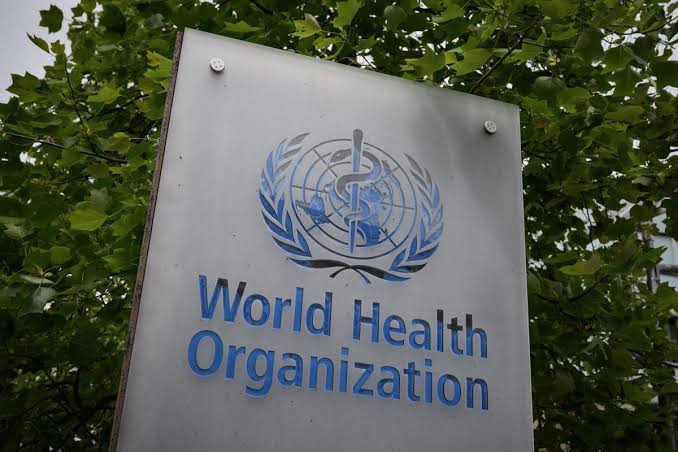Over 60,000 Nigerians die yearly from antimicrobial resistance – WHO

The World Health Organisation, WHO, has revealed that over 60,000 Nigerians die, yearly from Antimicrobial Resistance in the country.
This was made known by the representative and Head of mission to Nigeria, Dr Pavel Ursu, in his message on Tuesday in Abuja, marking the 2025 World AMR Awareness Week, themed: ‘Act Now: Protect Our Present, Secure Our Future.’
The AMR occurs when bacteria, viruses, fungi, and parasites, change over time and no longer respond to medicines, making infections harder to treat and increasing the risk of disease spread, severe illness, and death.
He said: “As a result of drug resistance, antibiotics and other antimicrobial medicines become ineffective, and infections become increasingly difficult or impossible to treat.”
The World AMR Awareness Week is a global campaign celebrated annually from November 18-24 to improve awareness and understanding of AMR and encourage best practices among the public, One Health stakeholders, and policymakers.
According to Ursu, AMR is a growing global threat; disproportionately targeting Lower- and Middle-Income Countries and vulnerable populations.
“AMR is already affecting health, healthcare costs, food security, environment, economies, and sustainable development. It is rapidly growing, silent threat that undermines modern medicine and health security, causes deadly outbreaks, especially in poor settings and among vulnerable groups, and worsens child and maternal mortality.”
He noted that despite rising drug-resistant infections, awareness, funding, action are still insufficient.
“Globally, in 2021 alone, AMR was associated with an estimated 4.71 million deaths, with 1.14 million directly attributable and 1.05 million indirectly, with 250,000 deaths directly attributed to AMR in sub-Saharan Africa.
“An estimated 178 million disability-adjusted lives are lost due to AMR and will cost nearly $1tn annually to the global economy, if left unchecked. AMR could claim up to 39 million lives by 2050, as per recent projections in 2021.
“In Nigeria, over 60,000 lives have been lost each year since 1990 due to AMR. In 2021 alone, an estimated 50,500, 36,900-64,100, deaths were attributed, and 227,000; 167,000-286,000, were associated with bacterial AMR, with the largest number of deaths occurring among under five age group.8.
“These alarming estimates and projections underscore the urgency for collective action with the Government and society approach; an urgent need to integrate AMR with Primary Health care to accelerate AMR response, achieve UHC guided by the WHO people-centred approach, with broader Sector-Wide Approach, food security, and climate change initiatives,” Ursu noted.
He called on all stakeholders across human, animal, and environmental health sectors to turn political commitments on AMR into concrete, accountable actions, urging urgent investment in surveillance, innovation, equitable access to medicines and diagnostics, and stronger health systems.
“Building on the momentum of the 2024 United Nations General Assembly High-level Meeting on AMR and Nigeria hosting 5th global high level ministerial AMR conference in Abuja in June 2026; and on occasion of WAAW week, I urge all stakeholders, including Governments, civil society, health-care providers, veterinarians, farmers, environmental actors and the public to translate the political commitments into tangible, accountable, life-saving interventions.
“I call for urgent actions to protect our present and secure our future, and prioritise long-term investment and strategic action in the human, animal, and environmental health sectors.
“We must support strengthening AMR and one health surveillance, national AMR survey, ensure equitable access to quality medicines and diagnostics, foster innovation, and build resilient health systems that require long-term commitment and resources, including domestic financing.
“Investment in AMR action is smart and an essential step towards a healthier, more secure future,” he added.










